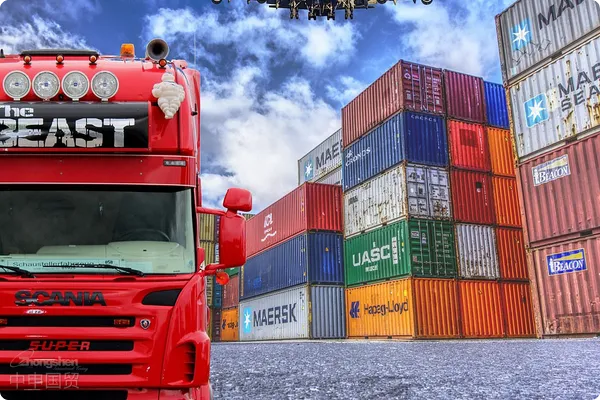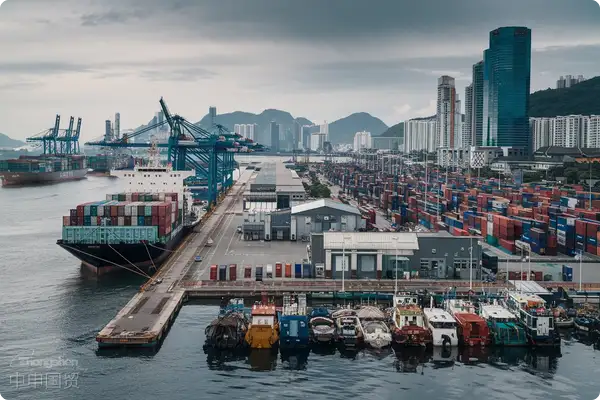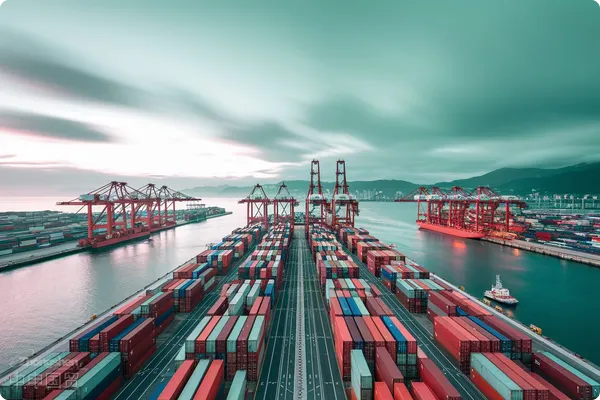- Shanghai Zhongshen International Trade Co., Ltd. - Two decades of trade agency expertise.
- Service Hotline: 139 1787 2118
Relevant Introduction
The definition of international trade is simple: trade occurring between nations involving goods, services, or technologies. It can be broadly categorized as follows:

import and exportSeveral Trade Modes
By the movement of goods, international trade can be divided into export trade, import trade, transit trade,Entrepot Tradeetc.; export trade and import trade are relatively easy to understand and will not be introduced here. Transit trade refers to the form of trade where goods must pass through a third country from the exporting country to the importing country; entrepot trade refers to the trade method where goods must be reloaded (unloaded, stored, reassembled, or modified) in a third country (or region) before being shipped to the exporting country.
By the form of goods, it can be divided into tangible trade and intangible trade; tangible trade is easy to understand, as the goods must be physical entities; intangible trade refers to services provided for goods that are intangible, such as transportation, insurance, and finance.
By the route of goods, it can be divided into direct trade, indirect trade, triangular trade, etc. Direct trade refers to transactions conducted directly between buyers and sellers without intermediaries, and the goods do not need to pass through a third region. Indirect trade refers to transactions where the import and export parties conduct trade through a third party; triangular trade refers to transactions where the intermediary signs a purchase contract with the exporter and a sales contract with the importer, and the goods are shipped directly from the exporting country to the importing country.
Related Recommendations
Learn
Contact Us
Email: service@sh-zhongshen.com
Related Recommendations
Contact via WeChat

? 2025. All Rights Reserved. Shanghai ICP No. 2023007705-2  PSB Record: Shanghai No.31011502009912
PSB Record: Shanghai No.31011502009912








